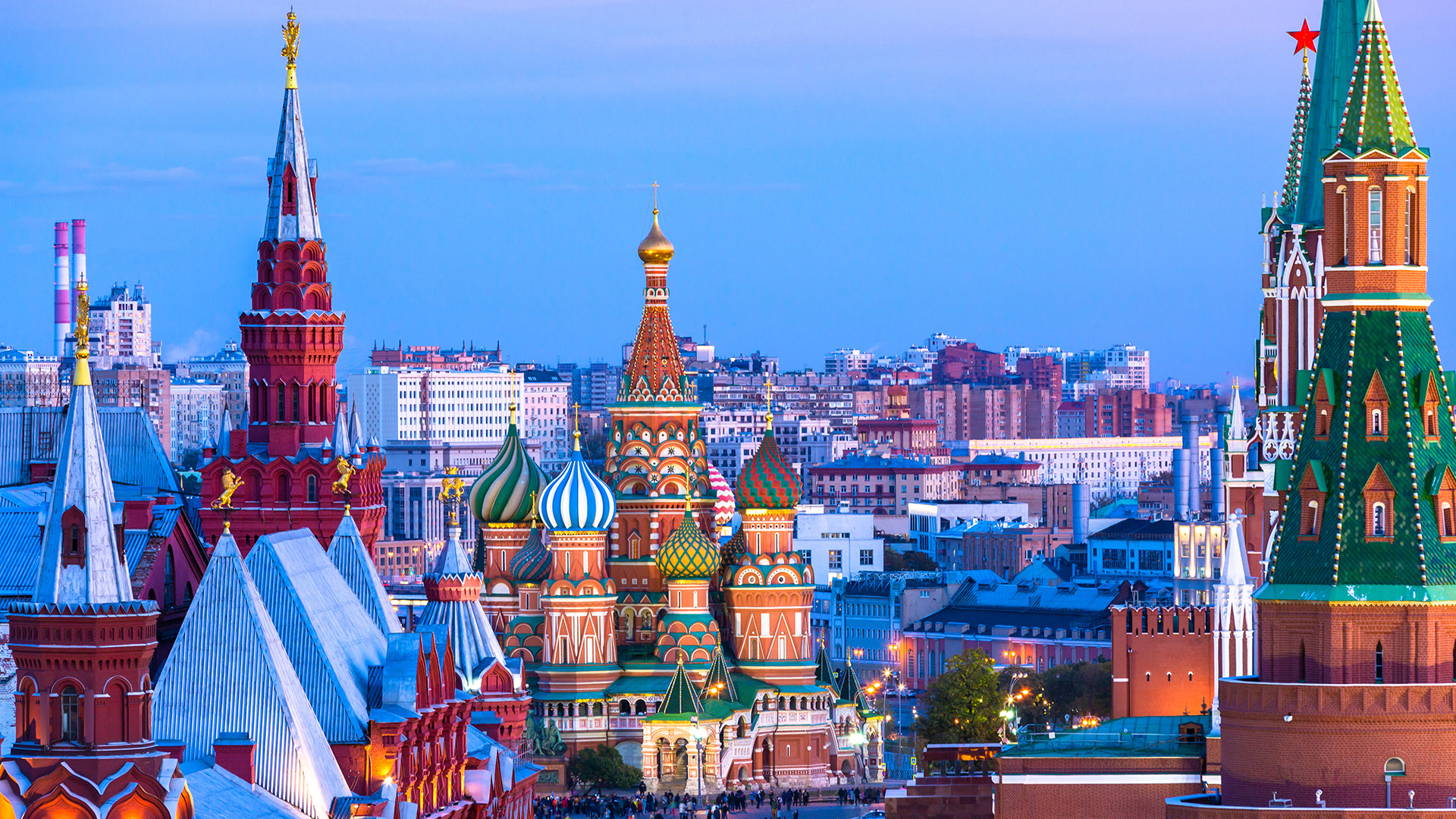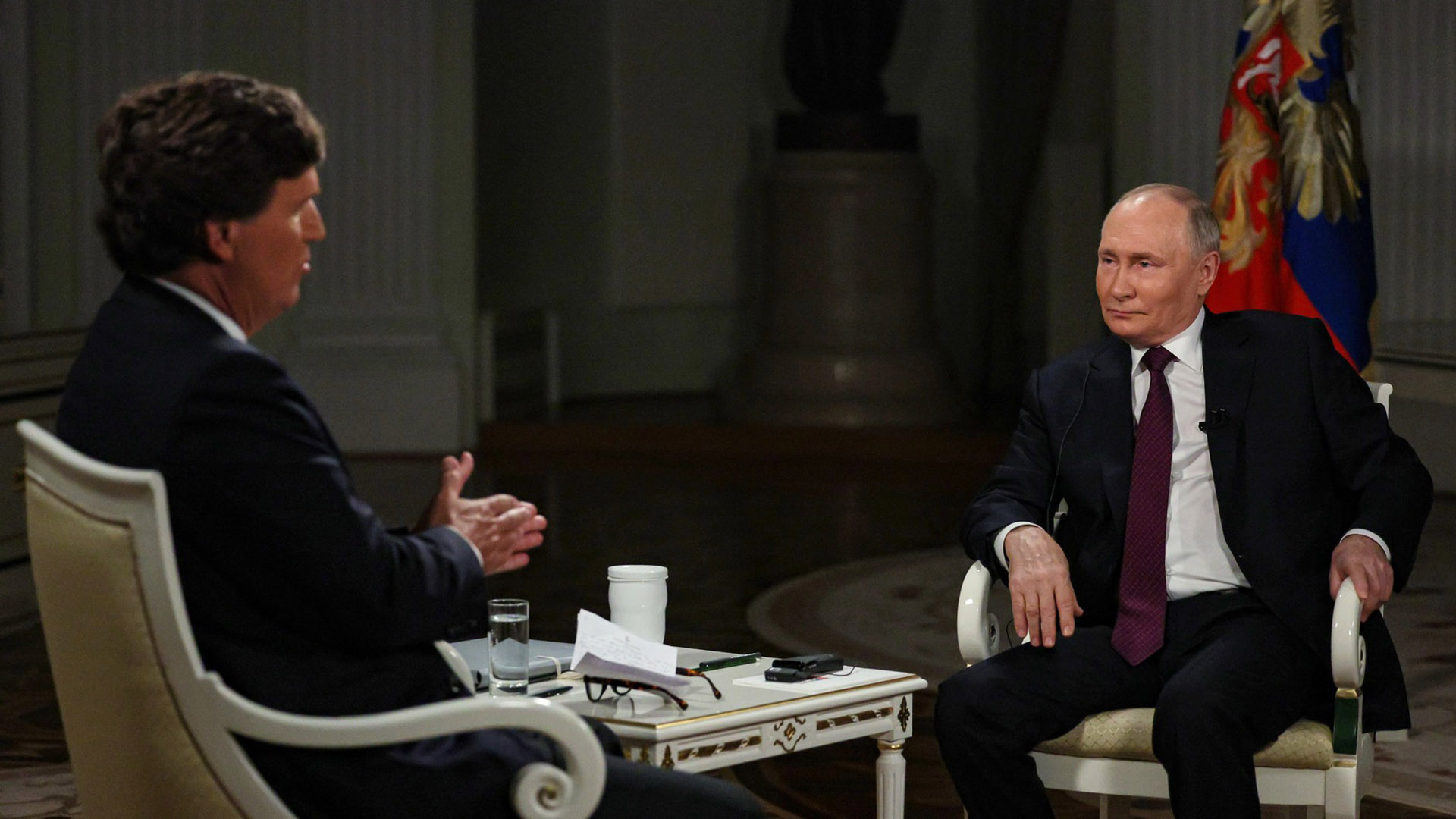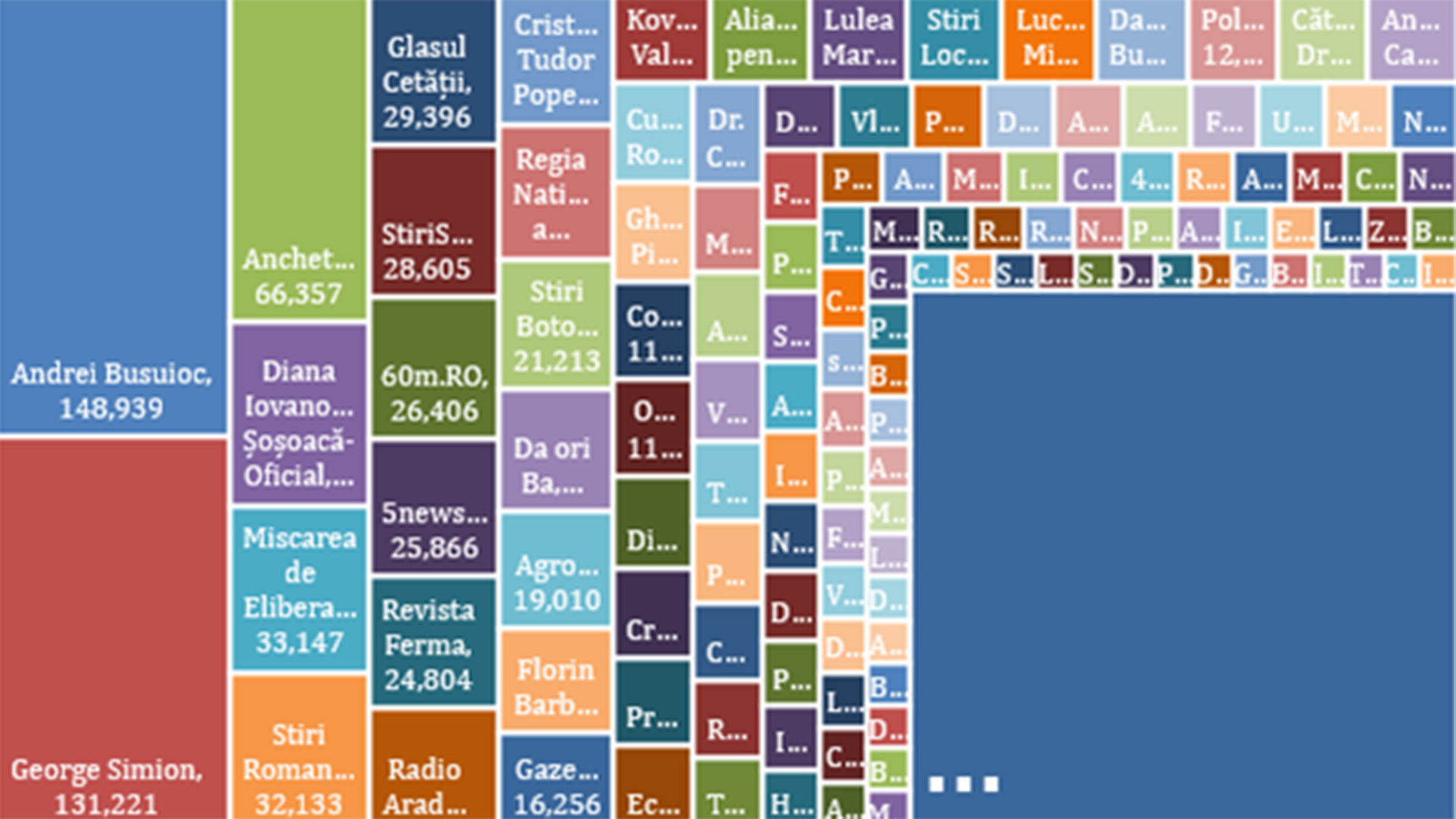September 2024
This report has been prepared with support from IRI’s Beacon Project. The opinions expressed are solely those of the author and do not reflect those of IRI.

September 2024
This report has been prepared with support from IRI’s Beacon Project. The opinions expressed are solely those of the author and do not reflect those of IRI.



Ce ne spune dreapta radicală despre ea însăși? Ne spune că „ai noștri” (românii, patrioții, naționaliștii, dacii) trebuie să fie uniți. Pentru ca să fie uniți ai noștri, străinii trebuie ținuți la distanță, poate chiar dați afară. Și când o să facem asta, ni se spune, vom fi liberi, pentru că străinii sunt cei care ne cenzurează și ne pun pumnul în gură.

June 2024
Promoting open pro-Russian propaganda in Romania is traditionally difficult due to the general opposition of Romanians to Russian imperialist politics. Particularly, the war in Ukraine has accentuated this, stirring in the minds of the majority of Romanians concerns about a potential invasion.

In February 2024, the lyrics and video for the song “Macarena” by trap artist Erika Isac caused an amount of uproar in public debate. A feminist manifesto with a particular focus on sexual violence and the objectification of women, the clip did not shy away from foul language or implied nudity. It was followed by “Women in Parliament”, dealing with the issue of under-representation of women in politics and “Industry Plant”, addressing some of the criticism directed against “Macarena”.

April 2024
Tucker Carlson, the television host, conducted a two-hour interview with Vladimir Putin, the President of the Russian Federation[1]. This discussion took place in Moscow on February 6, 2024. The central topic of the interview was the justification for Russia’s invasion of Ukraine. Putin presented perspectives related to the history of Russia and Ukraine, while Carlson avoided critical questions and avoided seeking clarifications.
